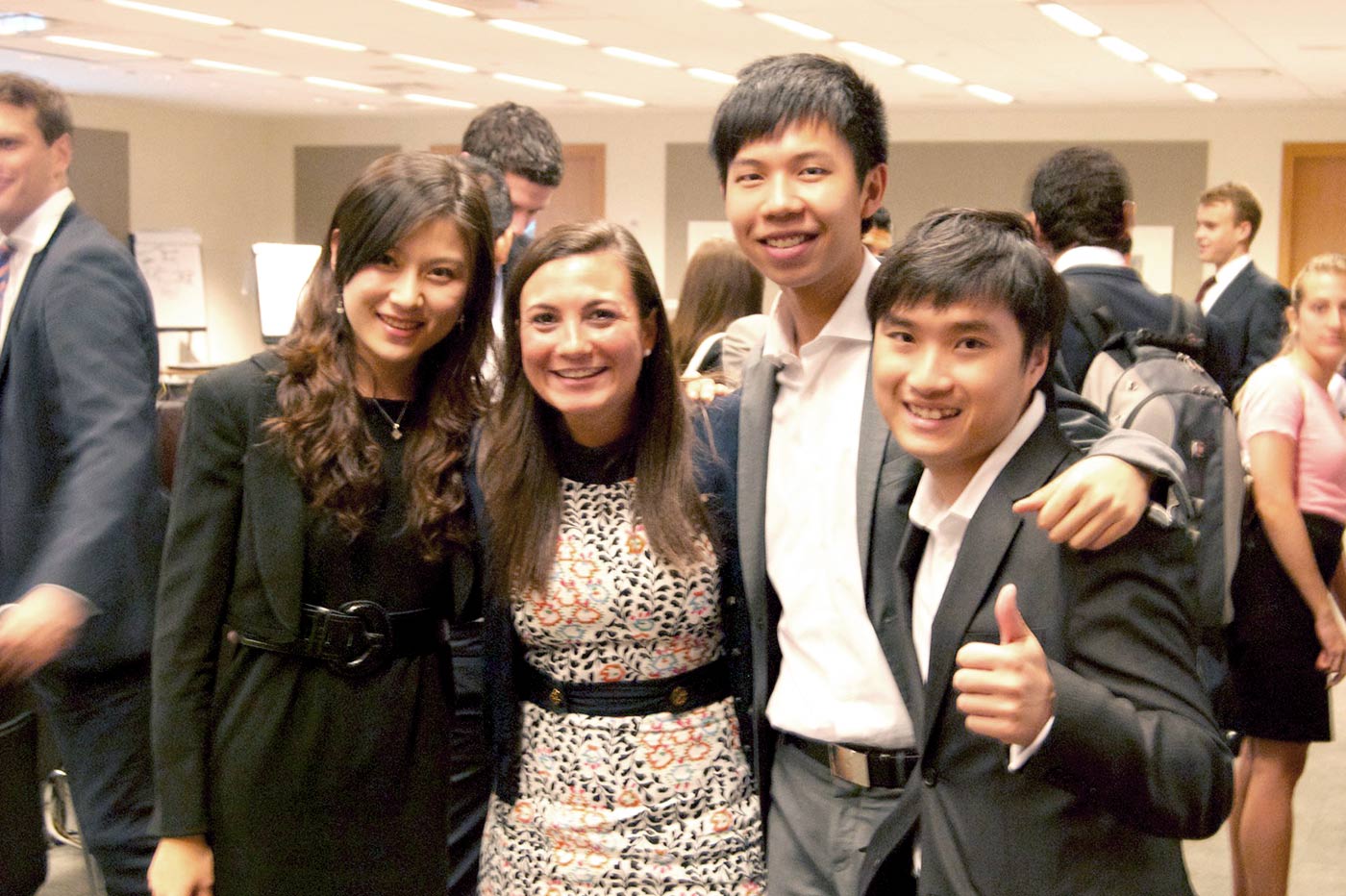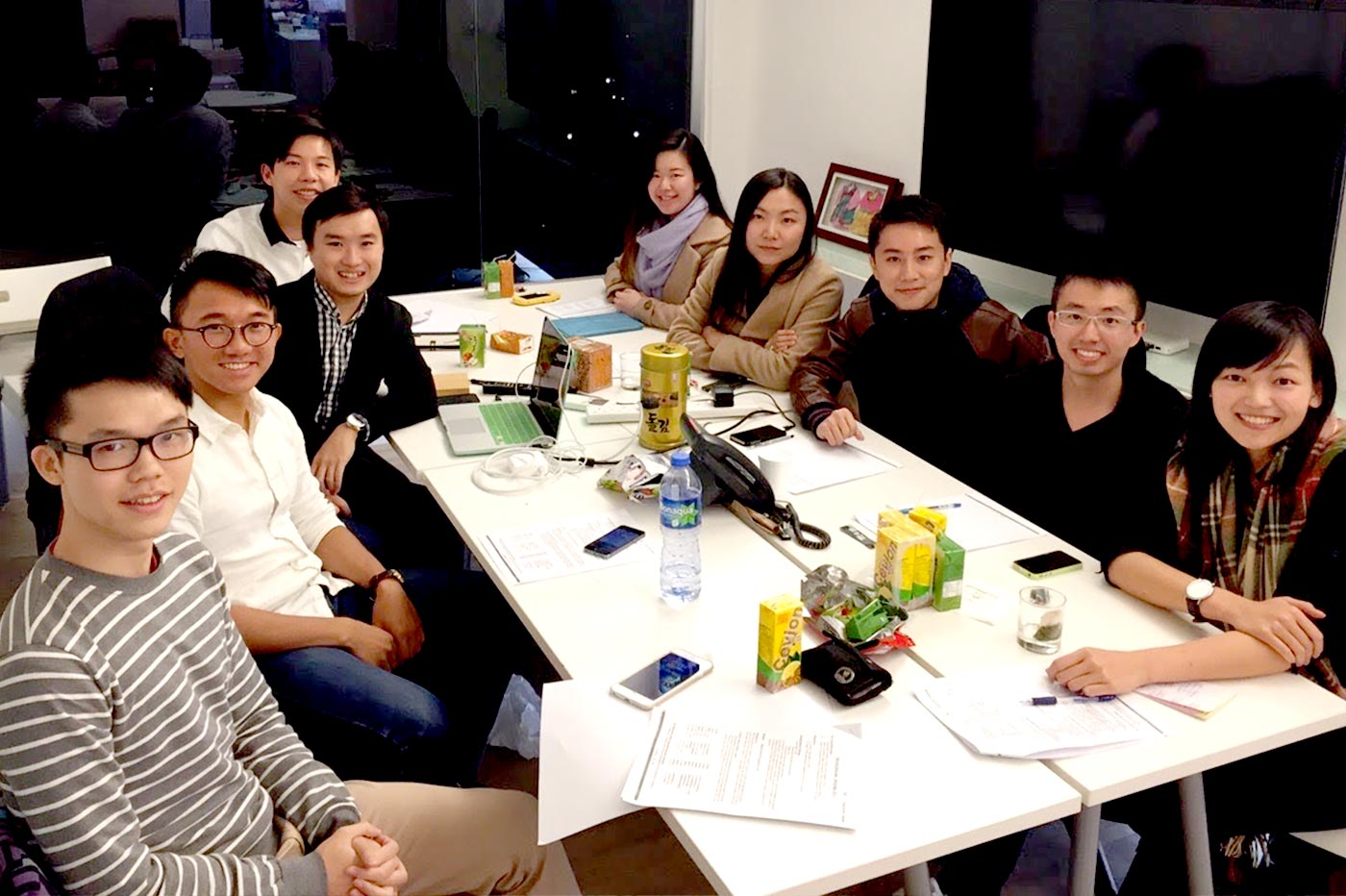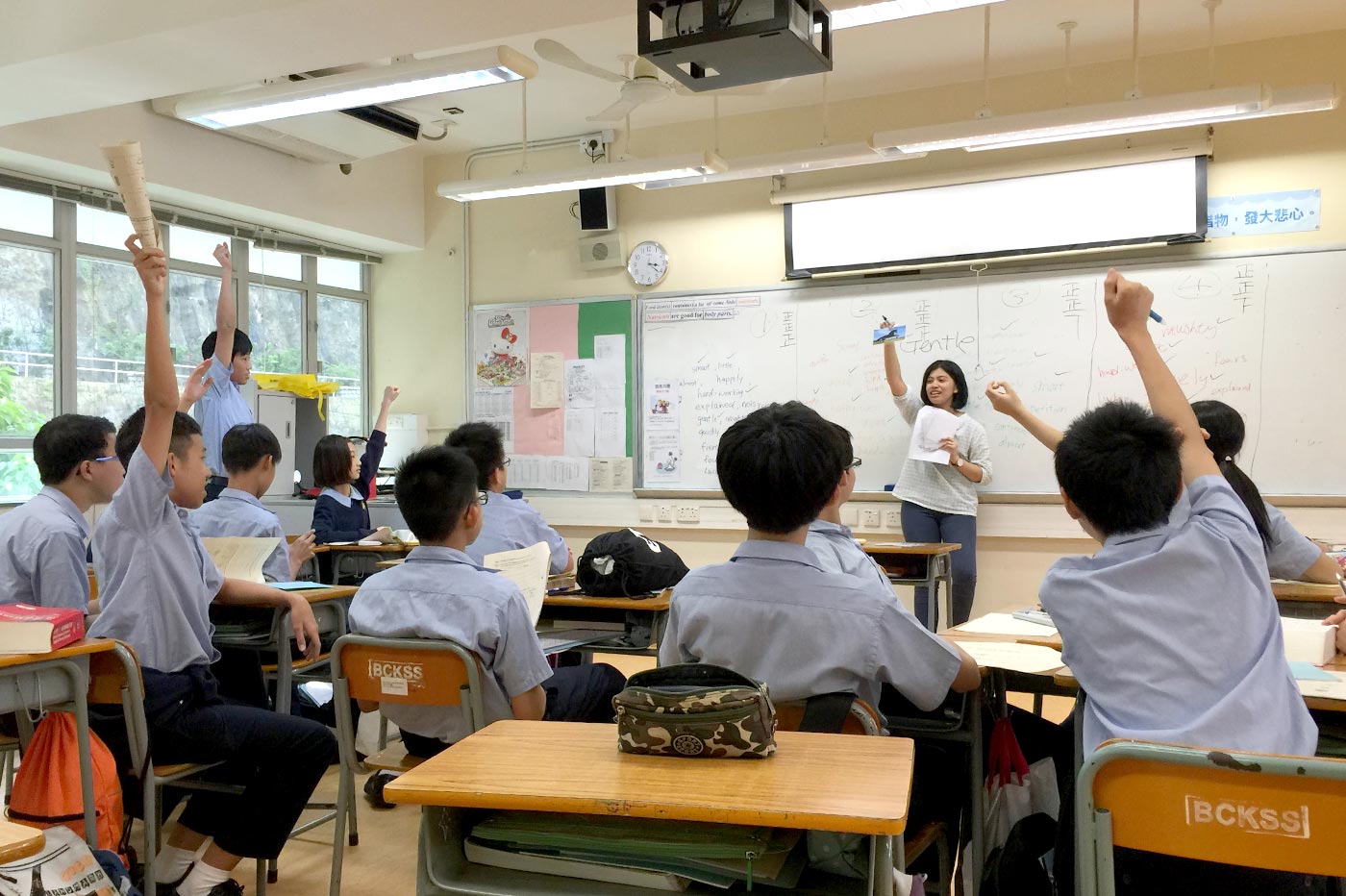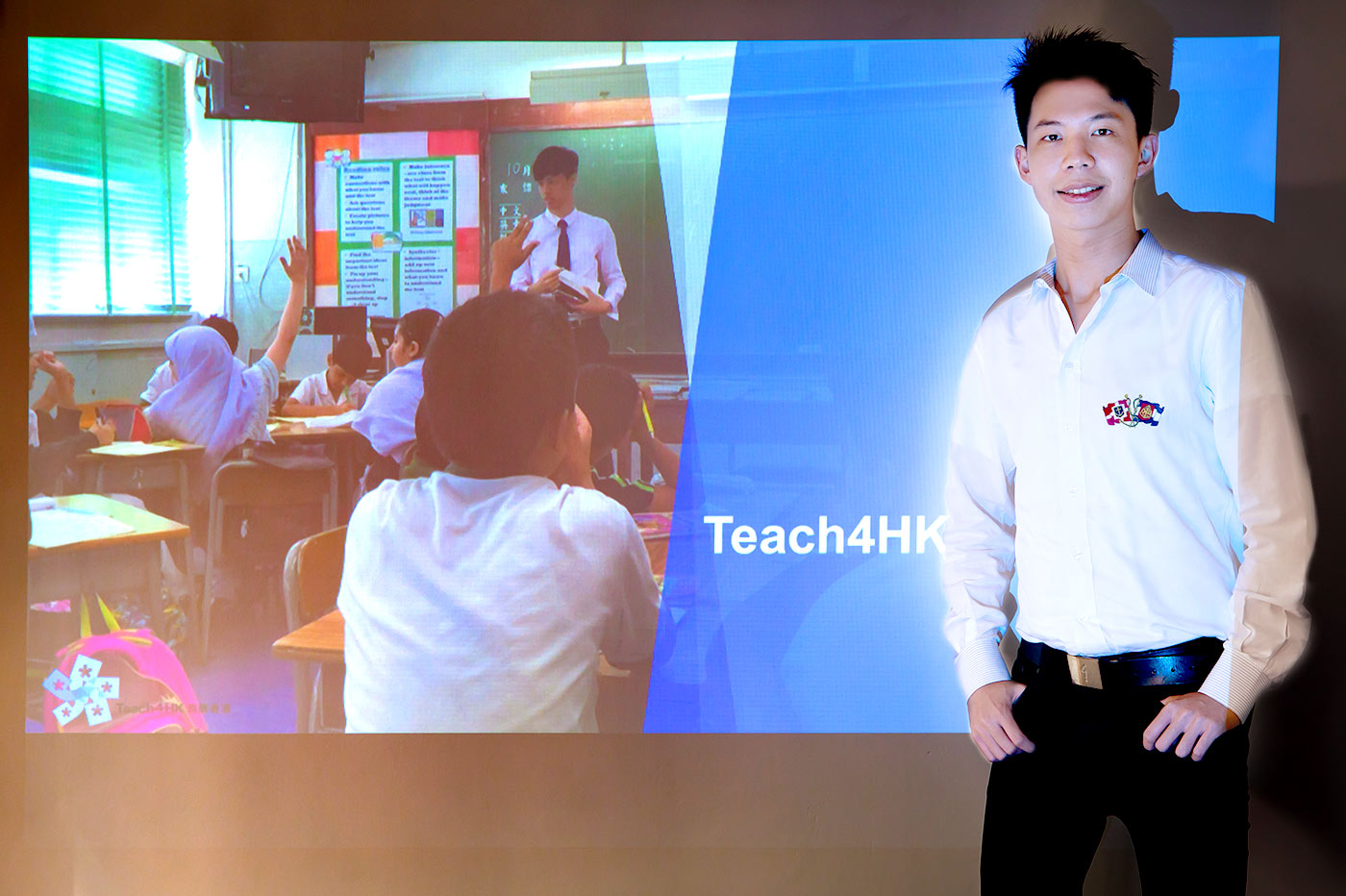
Those Who Can, Teach─Arnold Chan crusades for educational equality with Teach4HK
March 2017
Ten years ago, with a middle-class background and straight-A exam results, Arnold Chan enrolled in the prestigious Global Business Studies programme at CUHK that later landed him a million-dollar job in Goldman Sachs. But the high-flyer soon veered off in a different direction, quitted his job and founded Teach4HK, an NGO that sends non-education graduates to teach in resource-stricken schools for a gap year for a monthly stipend of HK$10,000.
A beneficiary of good education himself, Arnold never takes things for granted. He first became aware of Hong Kong’s educational inequality in secondary three when he volunteered for the Children’s Council and visited a poor family living in a cubicle apartment in Sham Shui Po. ‘Seeing a kid doing his homework on the bed, I pondered if I were born to the same environment, would I be as blessed as I was then?’
Aspiring to narrowing the education gap, Arnold became a frequent volunteer tutor for low-income students. But he knew deep down it was a mere drop in the bucket.
He stumbled into a possible remedy to the problem during a brief stint in Beijing after quitting Goldman Sachs to work for Teach for China, a charity that enlists top graduates as teachers in rural schools. ‘It not only benefits the underprivileged children but more importantly nurtures future leaders for the society who take education to heart. After a year of service they go into different fields of work and become advocates for better education.’
Modelled on the placement scheme, Teach4HK started in 2015 with six graduates recruited as teaching fellows for three schools, while this academic year sees a significant growth to 11 recruits out of 150 candidates for six grass-roots schools where at least half the student population must be from families on the comprehensive social security assistance scheme.
In addition to regular in-class teaching, Teach4HK’s volunteers give life and careers lessons and run extracurricular activities for low-income students. ‘They can’t afford to join interest class, and their parents are too busy making ends meet to have time for the kids. Hence our teaching fellows fill the role of their mentors to help them see the bigger picture.’
For instance, in collaboration with a hedge fund firm, a volunteer took his secondary students to the company’s office in Central fortnightly to interact with its English-speaking staff. It helped the youngsters realize English is not just an academic subject but a bridge to the wider world. A teaching fellow with a journalism background ran a junior reporter programme at her school. Students got their first taste of news production and were exposed to new career options.
Volunteers, too, gain from the teaching scheme as it is also a leadership boot camp. ‘It’s extremely demanding for a non-education graduate to manage a class of unruly students. He/she has to explore ways to engage their attention. It requires charisma and a high level of presentation and communication skills. I believe a great teacher has what it takes to become a great leader.’
Arnold said what he wishes most is not that volunteers continue to pursue a teaching career after the one-year programme, but that they join in other professions with an enlightened mind to drive social progress and educational innovation in the long run.
Teach4HK has so far raised nearly HK$10 million from the government and private sector. ‘My former job in investment banking requires me to sell funds to clients. Now I am still urging people to shell out, but for the sake of charity,’ Arnold quipped.
Last year Arnold received a Hong Kong Youth Service Award from the Federation of Youth Groups. He believed it’s not only a recognition of himself but also of his peers who are contributing to a good cause. ‘Many people pay lip service to their support of NGOs but jeer at their young friends and families who devote themselves to the non-profit venture. Social innovation depends a lot on fresh minds. The public shall show more support and encouragement to those young activists.’
The business graduate attributes his compassion for the poor to the humanistic influence from his alma mater. ‘The three-year Global Business Studies comprises two years in Hong Kong and one in Denmark and the US. As long as I am in Hong Kong I jumped at every chance to be engaged in extracurricular activities. In the English Debating Team I got to know friends from various disciplines who inspired me to reflect on the role of university students in society. I realized that business is not just about making money, and that business majors do not necessarily have to pursue a career in finance. To study business is to become strategic thinkers who can tackle social problems effectively.’
Arnold is always viewed as an intrepid change agent. But he said he’s just trying to do the right thing. ‘Each of us should define our own path to success rather than fitting in with the expectations of others. I am lucky to have benefited a lot from the existing system. Isn’t that enough reason to do something nice for it in return?’
by Christine N., ISO






